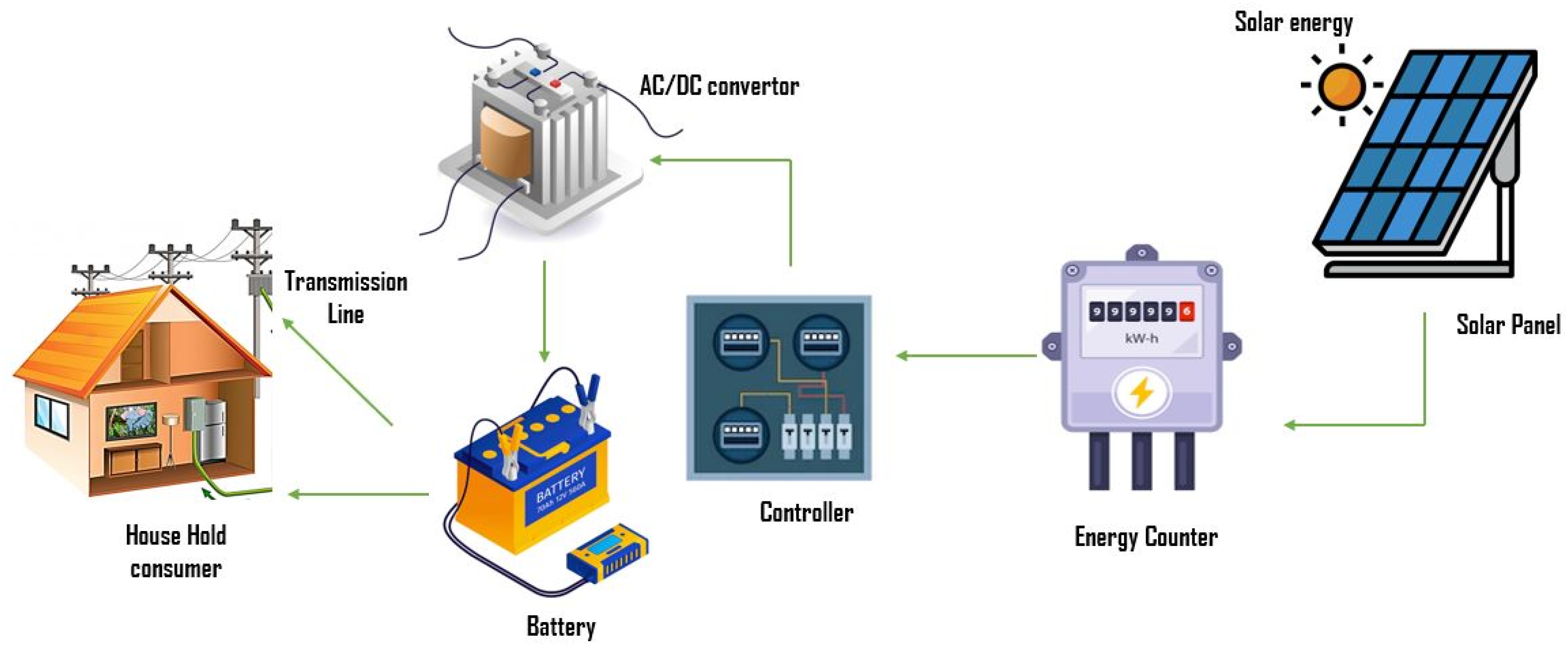Solar energy is an environmentally friendly and sustainable source of power that aids in the reduction of greenhouse gas emissions, thereby mitigating the effects of climate change. This transition can result in substantial advantages for both the environment and public health, as it helps decrease the expenses associated with climate change impacts and healthcare costs related to pollution-induced illnesses.
Improved Public Health:
Solar energy’s ability to reduce pollution results in lower health care costs associated with respiratory and cardiovascular illnesses, ultimately contributing to a healthier society and enhanced productivity.
In conclusion, transitioning to a solar-dominated energy system is a transformative shift with extensive economic implications. It offers a pathway to sustainable and resilient economic growth by leveraging the benefits of renewable energy while addressing the challenges inherent in such a profound transition.
















